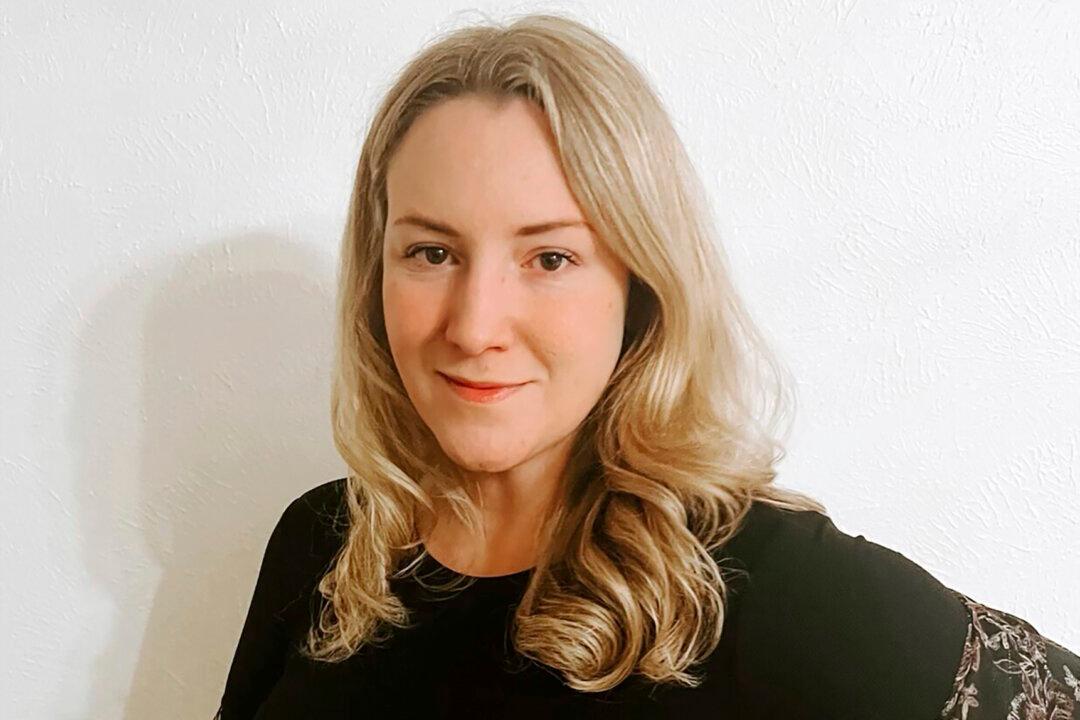Texas’s Supreme Court has officially reversed a lower court’s ruling allowing a woman to obtain an emergency abortion under the state’s “medical emergency” exception.
Kate Cox, a 31-year-old Texan woman, sued the state last week for the right to have an abortion at 20 weeks because her unborn baby was diagnosed with Trisomy 18, a condition that causes multiple structural abnormalities and is usually fatal to the baby before birth or within the first year of life, according to MedlinePlus.





